The word vitamin is a convenient term acknowledging that life forms require nutrients. Organic compounds, pro-biotics, inorganic minerals, metals and nutrients of all sorts are abbreviated by the use of the word “vitamin”. “Agent” refers to an investigator who seeks and discloses research findings, in our context, as factually as possible. 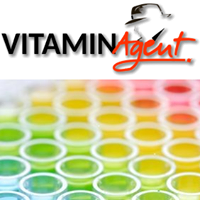 Vitamin: any of a group of organic compounds that are essential for normal growth and nutrition and are
Vitamin: any of a group of organic compounds that are essential for normal growth and nutrition and are
required in small quantities in the diet because they cannot be synthesized by the body. Agent: any person who acts, in particular, on behalf of another.
The vitamin and supplement craze is wrought with confusion, misinformation and marketing schemes. Discriminating between whether we should take a base minimum of vitamins, whether we benefit from extra vitamins or herbs for specific disease is all-together puzzling. Then, our medical authorities only offer scanty insight to the advantages of vitamin supplementation and others declare a healthy diet discredits the advantage of supplementing your nutrition at all. Here’s a shocker, even the organic foods are considerably lower in nutrition, in general, than their original cultivars. GMOs have integrated into almost every cultivated food. This has happened by negligence, under-regulation, pollination or merely because they look better and have higher yield than the crops of our ancestors.
Sorting through health information and medicine is difficult for the layperson, and apparently, for our medical
system in general. The ever-evolving state of globalizing medical knowledge brings all forms of healing into question. Differences in traditional medicine across the globe, high-stakes medical industries and their supposed pharmaceutical solutions for every ailment further complicate things. This is especially true when you seek natural help for disease. To heal with food, lifestyle adaptations and natural means is by far the most practical and body-friendly route. But, how much can we trust even organically labeled foods to deliver our daily vitamin requirements?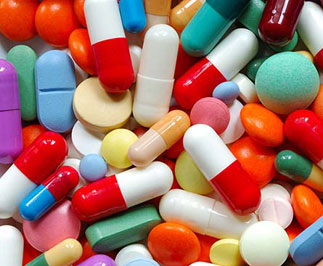
Simplifying is Key: All of our make-up comes from outside of our bodies. Sufficient nourishment allows life to manufacture its system-specific metabolism. This is true for all systems from the smallest microbes to whole, multi organism ecosystems on a grand scale. All ecosystems and life forms, are now influenced by and affected by humans.
Each ecosystem, considered separate from others, has only the size or scale upon which we consider it a distinct ecosystem. For example, the intestinal flora of a human has its distinct human individual which encompasses the ecosystem for that flora (probiotic bacteria). The human the bacteria lives in seemingly isolates their bacterial flora from the outside, more profound ecosystem but, we know this is not true. Our intestinal bacterial health and balance is very dependent upon our immediate surroundings, region and even the entire world. This is clear because food which affects our flora comes from many places around the world.

As diet, methods of cultivation, regional microbes, pollution, pesticides & herbicides and other factors such as global warming change, our flora changes. Examples of terms which define a species health, survival and proliferation of the species are vulnerabilities, adaptability, resilience, resistance, variability, etc. are . Classifications of life-support and interrelated life systems have terms such as biome, niche, environment, region, ecosystem and planet; help us organize what we refer to as separate ecosystems (Sea, fresh water, swamp, desert, mountain) but they are all interconnected.
For humans, like any other biological system, excesses and deficiencies in vitamins and activity result in diseases of the system, or vulnerabilities to other opportunistic bacterial, viral, fungal, protozoan and other biological infectious forms. Infectious disease is often a result of lowered immunity or generated by our activities in the world. As a vitamin agent, this service represents the background and function of human adaptation to reclaim values which deny our integral part of the ecosystem.
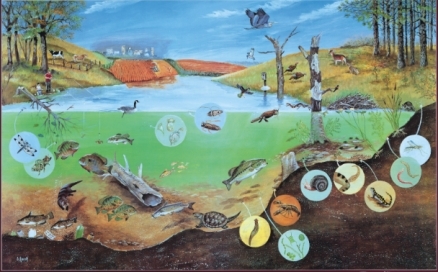
Our species health, diet and fitness is a function of nature. Humans have insecurities which tend to accumulate excesses, waste resources, degrade and toxify the very source from which we emerge and spend our lives. We also accept that natural foods are fully healthy and feed on low quality foods while denying our bodies the basic activity which enhance us. Mental acuity, physique, attitude, demeanor, energy, longevity, etc., are direct functions of selecting our intake and using our animal physique. We put the outside air, water and food inside of ourselves
Fascinations with nature show the struggles, adaptations and triumphs of living things. Life forms advance their adaptability by mutation flourish in any way which includes manipulating nature. Evidently, humans have refined manipulation to intensities of excess beyond simple survival. Where we go awry is to degrade the very nature which we emerge from.
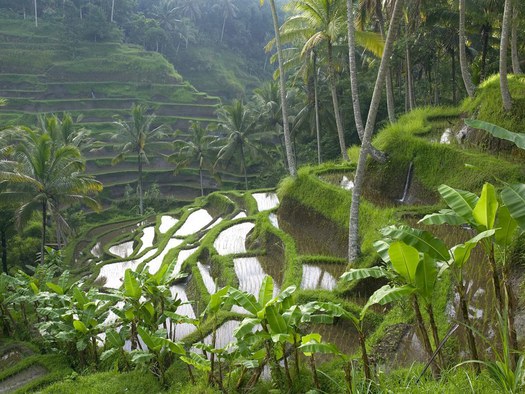 Humans are the most dominant and powerful life forms in the ecosystem and therefore affect it most significantly. The charm and wonder of natural phenomena cannot exclude human influence. Where we see infectious disease flourish and adapt to present conditions, whether man-made or not, they are the most easily changeable (adaptable) life forms. We are now witnessing a momentous increase in infections adapting from animal hosts to human hosts and human-only disease becoming more dangerous (virulent).
Humans are the most dominant and powerful life forms in the ecosystem and therefore affect it most significantly. The charm and wonder of natural phenomena cannot exclude human influence. Where we see infectious disease flourish and adapt to present conditions, whether man-made or not, they are the most easily changeable (adaptable) life forms. We are now witnessing a momentous increase in infections adapting from animal hosts to human hosts and human-only disease becoming more dangerous (virulent).
Challenges of maintaining healthy immune systems, regenerating normally, deriving the vitamins and all basic nutrients from food is an ever-increasing challenge while microbes and toxins further blur our insights to nourishment and countering these untoward effects.
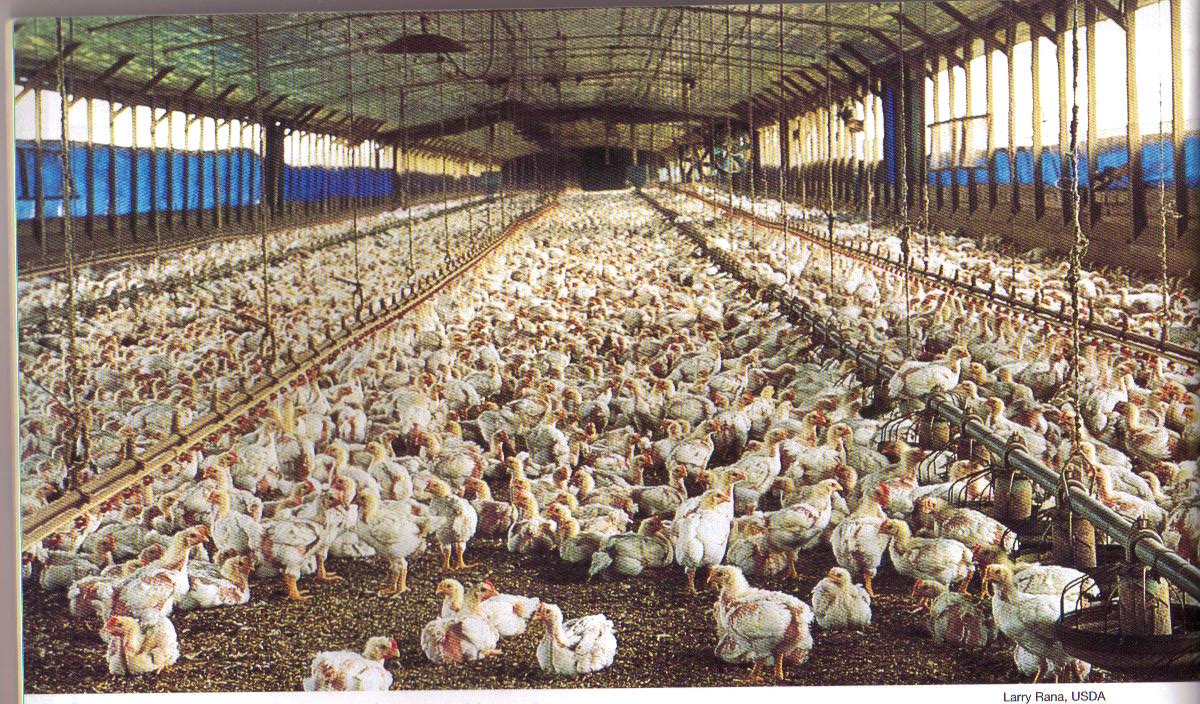
 Vitamin Agent The Health & Naturalistic Source
Vitamin Agent The Health & Naturalistic Source
